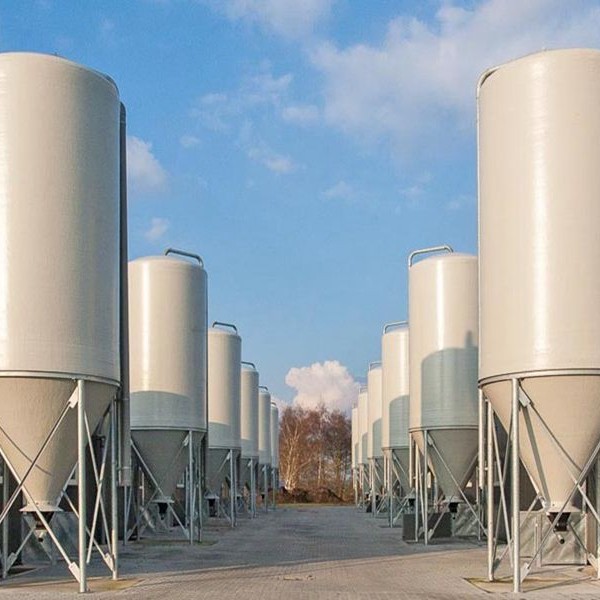
-
 Afrikaans
Afrikaans -
 Albanian
Albanian -
 Amharic
Amharic -
 Arabic
Arabic -
 Armenian
Armenian -
 Azerbaijani
Azerbaijani -
 Basque
Basque -
 Belarusian
Belarusian -
 Bengali
Bengali -
 Bosnian
Bosnian -
 Bulgarian
Bulgarian -
 Catalan
Catalan -
 Cebuano
Cebuano -
 China
China -
 China (Taiwan)
China (Taiwan) -
 Corsican
Corsican -
 Croatian
Croatian -
 Czech
Czech -
 Danish
Danish -
 Dutch
Dutch -
 English
English -
 Esperanto
Esperanto -
 Estonian
Estonian -
 Finnish
Finnish -
 French
French -
 Frisian
Frisian -
 Galician
Galician -
 Georgian
Georgian -
 German
German -
 Greek
Greek -
 Gujarati
Gujarati -
 Haitian Creole
Haitian Creole -
 hausa
hausa -
 hawaiian
hawaiian -
 Hebrew
Hebrew -
 Hindi
Hindi -
 Miao
Miao -
 Hungarian
Hungarian -
 Icelandic
Icelandic -
 igbo
igbo -
 Indonesian
Indonesian -
 irish
irish -
 Italian
Italian -
 Japanese
Japanese -
 Javanese
Javanese -
 Kannada
Kannada -
 kazakh
kazakh -
 Khmer
Khmer -
 Rwandese
Rwandese -
 Korean
Korean -
 Kurdish
Kurdish -
 Kyrgyz
Kyrgyz -
 Lao
Lao -
 Latin
Latin -
 Latvian
Latvian -
 Lithuanian
Lithuanian -
 Luxembourgish
Luxembourgish -
 Macedonian
Macedonian -
 Malgashi
Malgashi -
 Malay
Malay -
 Malayalam
Malayalam -
 Maltese
Maltese -
 Maori
Maori -
 Marathi
Marathi -
 Mongolian
Mongolian -
 Myanmar
Myanmar -
 Nepali
Nepali -
 Norwegian
Norwegian -
 Norwegian
Norwegian -
 Occitan
Occitan -
 Pashto
Pashto -
 Persian
Persian -
 Polish
Polish -
 Portuguese
Portuguese -
 Punjabi
Punjabi -
 Romanian
Romanian -
 Russian
Russian -
 Samoan
Samoan -
 Scottish Gaelic
Scottish Gaelic -
 Serbian
Serbian -
 Sesotho
Sesotho -
 Shona
Shona -
 Sindhi
Sindhi -
 Sinhala
Sinhala -
 Slovak
Slovak -
 Slovenian
Slovenian -
 Somali
Somali -
 Spanish
Spanish -
 Sundanese
Sundanese -
 Swahili
Swahili -
 Swedish
Swedish -
 Tagalog
Tagalog -
 Tajik
Tajik -
 Tamil
Tamil -
 Tatar
Tatar -
 Telugu
Telugu -
 Thai
Thai -
 Turkish
Turkish -
 Turkmen
Turkmen -
 Ukrainian
Ukrainian -
 Urdu
Urdu -
 Uighur
Uighur -
 Uzbek
Uzbek -
 Vietnamese
Vietnamese -
 Welsh
Welsh -
 Bantu
Bantu -
 Yiddish
Yiddish -
 Yoruba
Yoruba -
 Zulu
Zulu
Large Durable Fiberglass Tanks for Various Storage Solutions and Applications
The Advantages of Large Fiberglass Tanks
In recent years, the use of large fiberglass tanks has gained significant popularity across various industries, including agriculture, water treatment, and chemical storage. The unique properties of fiberglass make these tanks an ideal choice for storing a wide range of liquids, from water to hazardous chemicals. This article will explore the advantages of large fiberglass tanks and their increasing application in modern industries.
Durability and Longevity
One of the most significant advantages of large fiberglass tanks is their remarkable durability. Unlike traditional materials such as steel or concrete, fiberglass is resistant to corrosion, rust, and chemical degradation. This resistance is particularly important in environments where tanks are exposed to harsh conditions, such as extreme temperatures and chemical corrosion. As a result, fiberglass tanks have a longer lifespan, often exceeding 30 years with proper maintenance, which reduces the need for frequent replacements and ultimately lowers long-term costs.
Lightweight and Easy to Install
Fiberglass tanks are considerably lighter than their metal or concrete counterparts, making them easier to transport and install. This lightweight nature also means that they require less structural support during installation, which can lead to additional savings in construction costs. The ease of installation not only shortens project timelines but also allows for greater flexibility in placement when compared to more cumbersome materials.
Leak Prevention and Low Maintenance
The design of large fiberglass tanks typically includes a seamless construction that significantly minimizes the risk of leaks. This characteristic is vital for industries that handle hazardous materials, as it prevents contamination of the surrounding environment. Moreover, fiberglass does not require extensive maintenance, unlike steel tanks that need regular painting to prevent corrosion or concrete tanks that may develop cracks over time. This lower maintenance requirement leads to reduced operational costs for businesses, allowing them to allocate resources to other critical areas.
large fiberglass tanks

Versatility in Application
Large fiberglass tanks can be used for various applications across multiple industries. In agriculture, they are often employed for water storage and irrigation systems. In water treatment facilities, they are utilized for storing chemicals such as chlorine and other essential treatment agents. Additionally, fiberglass tanks are used in the oil and gas industry for the storage of non-corrosive fluids. Their versatility makes them a preferred option for businesses looking to optimize their storage solutions.
Environmentally Friendly Option
As industries are becoming increasingly mindful of their environmental impact, fiberglass tanks offer a more sustainable alternative compared to traditional materials. Their long lifespan and resistance to corrosion contribute to less frequent replacements, which, in turn, reduces waste. Furthermore, fiberglass is recyclable, allowing for the repurposing of materials at the end of their service life. Choosing fiberglass solutions aligns with corporate sustainability goals, catering to an environmentally conscious consumer base.
Cost-Effectiveness
While the initial investment for large fiberglass tanks might be higher than some alternatives, the long-term savings often offset the upfront costs. The durability, low maintenance requirements, and resistance to leaks contribute to a lower total cost of ownership. Businesses that opt for fiberglass tanks benefit from fewer disruptions due to tank replacement or repairs, allowing them to maintain efficiency in operations.
Conclusion
In conclusion, large fiberglass tanks represent a modern solution for industries looking to optimize their liquid storage systems. Their combination of durability, lightweight design, low maintenance, and versatility makes them an ideal choice for a wide range of applications. As businesses continue to prioritize sustainability and cost-effectiveness, the popularity of fiberglass tanks will likely continue to grow, solidifying their role in the future of industrial storage solutions. Investing in large fiberglass tanks not only enhances operational efficiency but also promotes a more sustainable approach to storage and environmental stewardship.









